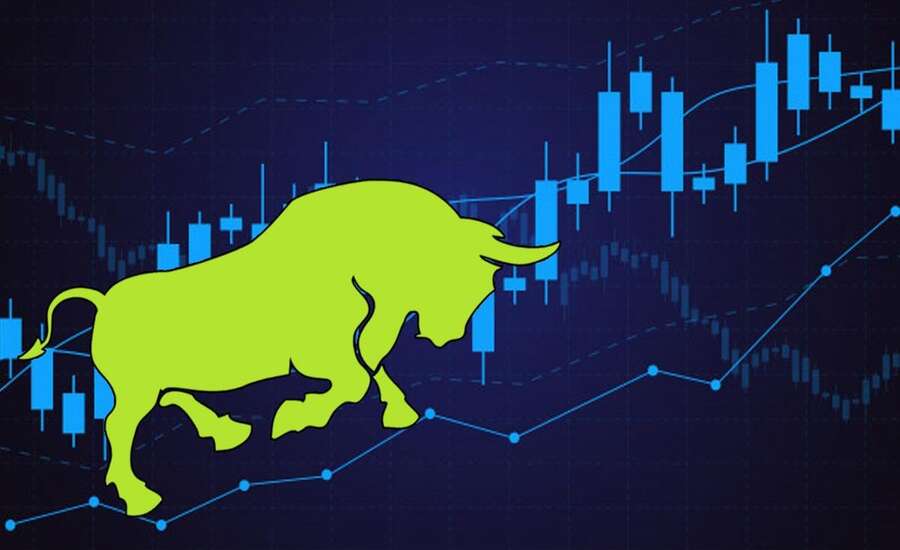

After the bloody downturn of 2022 and the broad-based uncertainty of 2023, retail investors are enjoying a more upbeat outlook on financial markets and the economy.
The most recent retail trader survey from Charles Schwab reveals a significant uptick in bullish sentiment among retail traders, with more than half of the respondents sharing optimism about the U.S. stock market's prospects.
The quarterly report found 53 percent of those surveyed are bullish on the market, marking a record high since the survey's inception in 2021 and a significant improvement from just 32 percent in the last quarter of 2023.
Among the active traders Schwab surveyed on its platform, nearly half of the traders (49 percent) now see the current climate as favorable for equity investments, up from 41 percent in the prior quarter.
This shift in sentiment is accompanied by a growing confidence in the U.S. economy's ability to sidestep a recession in 2024, with 48 percent of respondents holding this view, up from just 23 percent previously.
“As the economy continues to show signs of improvement, trader optimism is on the rise with bullishness at its highest level since we began the survey,” James Kostulias, head of trading services at Charles Schwab, said in a statement.
Kostulias also noted that while optimism is growing, retail investors are still navigating a landscape filled with uncertainties, ranging from global conflicts to domestic political dynamics and inflationary pressures.
The survey highlighted a shift in traders' concerns, with geopolitical and global macroeconomic issues now at the forefront (18 percent), edging out worries about the political landscape in Washington (16 percent). Fears of a looming recession have also eased, reflecting a broader sense of market confidence.
Despite concerns over the potential impact of the upcoming presidential election, the trajectory of the federal funds rate, inflation, and geopolitical conflicts on markets in the coming year, traders were confident in their own decision-making abilities, reaching a record high of 68 percent. Additionally, 54 percent of traders reported feeling financially better off than they were a year ago, a 21-percentage-point increase from the last quarter.
From a sector standpoint, the survey uncovered a bullish stance on information technology (55 percent), health care (51 percent), and energy stocks (46 percent), while real estate (41 percent) and consumer discretionary stocks (35 percent) are viewed less favorably.
Interest in AI stocks stood out, with 61 percent of traders feeling bullish on the sector, alongside value stocks (54 percent) and domestic equities (52 percent). On the flip side, just a third of the survey participants said they felt confident about international stocks (35 percent), Treasuries (33 percent), and cryptocurrencies (32 percent).
As investors look to move more of their money out of the sidelines, 52 percent of the traders Schwab surveyed said they plan to move money into individual stocks, while two-fifths (39 percent) are reallocating toward ETFs.

Relationships are key to our business but advisors are often slow to engage in specific activities designed to foster them.

Whichever path you go down, act now while you're still in control.

Pro-bitcoin professionals, however, say the cryptocurrency has ushered in change.

“LPL has evolved significantly over the last decade and still wants to scale up,” says one industry executive.

Survey findings from the Nationwide Retirement Institute offers pearls of planning wisdom from 60- to 65-year-olds, as well as insights into concerns.
Streamline your outreach with Aidentified's AI-driven solutions
This season’s market volatility: Positioning for rate relief, income growth and the AI rebound
